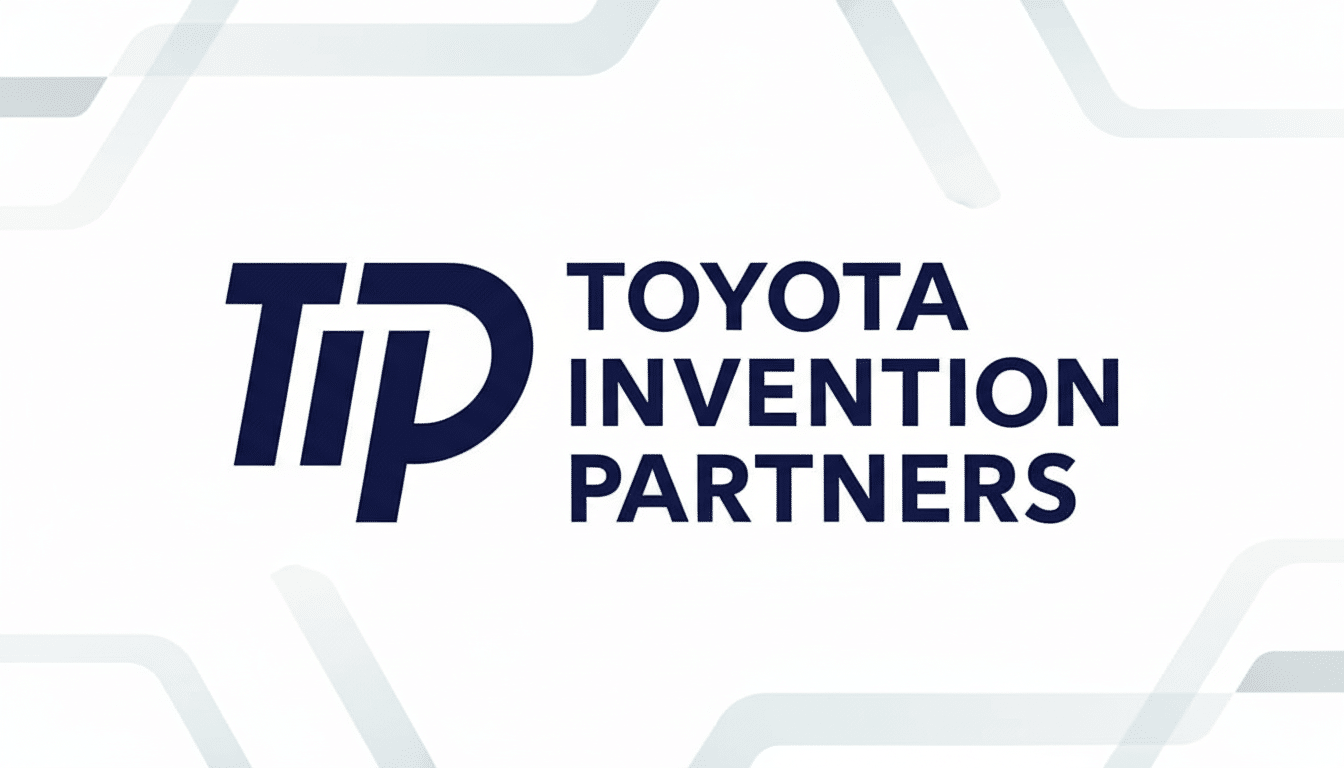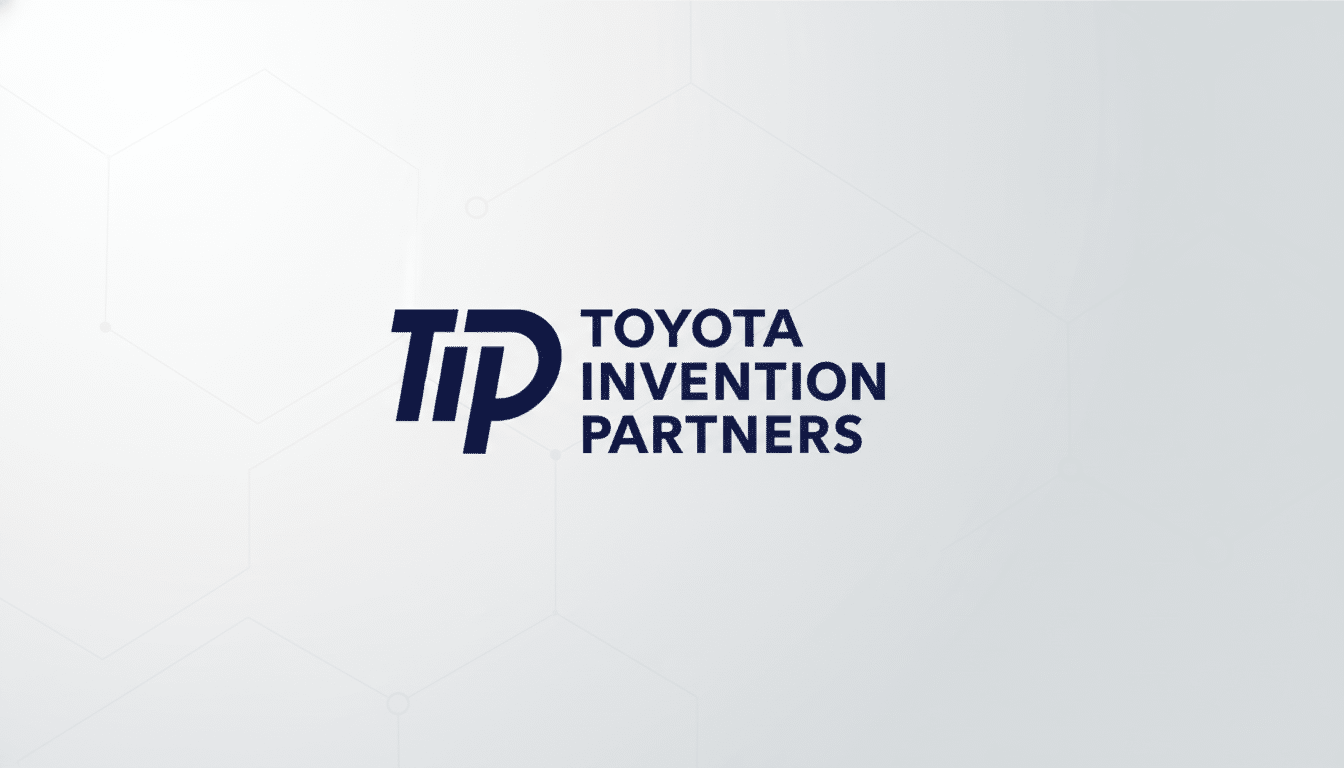Toyota is opening up its venture accelerator with a new $1.5 billion fund looking for companies in the “zero to one” stage through late-stage scale-ups, and focusing on AI, mobility, climate tech and industrial automation. The move marries a new strategic investment arm with a second growth fund, a sign that the world’s biggest automaker wants the best view in the house for whatever comes next on the industrial innovation stage — and to ditch its pilot-program training wheels as quickly as possible.
A Three-Pronged Investment Engine for Startup Growth
The new Toyota Invention Partners Co. investment arm has about $670 million to invest and a long-duration, Japan-based focus on Japanese startups. Unlike traditional funds with set lifespans, the unit can back founders on decadal timeframes including project finance and infrastructure-scale investments — potentially helpful for deep tech, energy systems, and industrial platforms that operate on one- to seven-year cycles.

On the growth side, Woven Capital has also closed a second fund, of $800 million, to invest in around 20 to 25 Series B through late-stage deals globally. The firm, which was also owned by Toyota, has become a full subsidiary of the automaker — strengthening the connection between strategic pilots and capital support — after its first $800 million fund invested in 18 companies that included Foretellix and Nuro.
These sit alongside Toyota Ventures — the company’s early-stage arm — to create a pipeline that can usher a startup from first prototype through to commercial rollout and, in some cases, onto Toyota’s balance sheet. It’s a framework that lowers the friction between corporate R&D priorities and venture pace — also leaving room for founders.
Why Toyota Is Doubling Down on Venture Investment Now
AI-native automation, electrification and energy resilience are all converging around the most unique re-tooling of global manufacturing in a generation. Toyota, whose competitive moat has always been production prowess, is betting that startups will fuel the next productivity leap — from generative design and quality assurance to next-gen batteries, power electronics and recycled materials.
The timeline also coincides with broader corporate venture capital trends. Industry analyses by firms like CB Insights and PitchBook found that corporates have engaged in about a quarter of global venture deals during the past few years, with particularly heavy involvement in industrial rounds and climate rounds. In Japan, the government has launched a Startup Development Five-Year Plan that will aim to drive the formation of new companies and commercialize R&D — tailwinds for Toyota Invention Partners’ approach which puts Japan first.
By making Woven Capital a wholly owned subsidiary, governance is aligned and the process of how pilots turn into procurement or joint development agreements is streamlined. That can mean speedier access to real-world testing — and crucially, scale demand — for founders.

From Lab to Road, via Woven City and Real-World Pilots
The sprawling 175-acre Woven City, at the base of Mount Fuji, is one such platform built to shorten the distance between idea and deployment. With instrumented streets, energy systems and logistics infrastructure, it serves as a research field for autonomy, robotics and low-carbon technologies — the very areas at which the new capital aims.
The company hopes to cycle startups through pilots in controlled environments, collect safety and performance data, and then translate tested systems into factories and fleets. That de-risks the commercialization process in categories where lab results don’t often translate neatly to industrial settings.
Early Signals from the Portfolio and Pilot Programs
One early example: Los Angeles-based Machina Labs, which uses robots driven by artificial intelligence to craft complex metal components without custom tooling, won a strategic investment from Woven Capital in combination with a pilot test with Toyota Motor North America to produce body panels and accessories. It’s easy to see the appeal — faster lead times, reduced capex and fast iteration for new vehicle programs.
Look for the new Woven Capital fund to double or triple down on AI in manufacturing and autonomy, climate and energy systems, grid-scale software, circular materials, logistics optimization, etc. Though Toyota Invention Partners will be biased toward earlier-stage and domestic, the combined model is stage-agnostic and global, focusing on technologies that can scale in both production and demand through Toyota’s supply chain as well as outside of it.
What Success Looks Like for Toyota’s Venture Bets
The true benchmark will be deal velocity — how many pilots convert to revenue contracts, how frequently Toyota co-develops or productizes startup tech and where acquisitions are logical. It’s also this capital that enables investments in enabling infrastructure, including hydrogen corridors, battery recycling, not to mention grid-interactive facilities that need 20- to 50-year horizons.
There are risks. Corporate venture programs can wax and wane with market cycles, and strategic priorities may drift away from the needs of founders. But Toyota’s cradle-to-scale, sandbox-to-plant-floor integrated model fills a hole still gaping in the deep-tech commercialization space. If it works, the automaker won’t just buy innovation, but help define the industrial stack that will power the next era of mobility and manufacturing.

